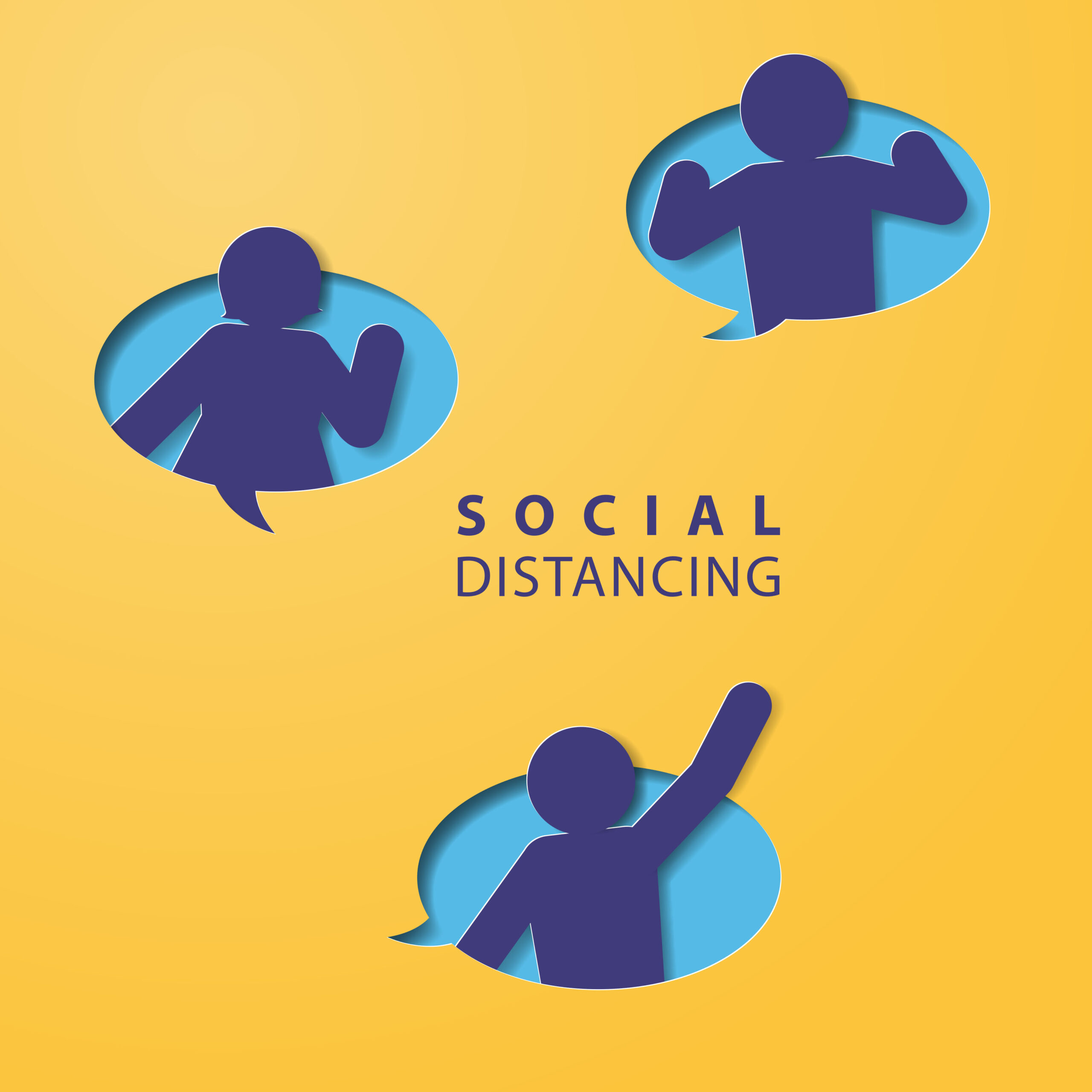Perhaps a pharmacist’s need to feel heard as a healthcare professional is best served by first empathically hearing the patient’s perspective, ponders Ultan Molloy
Patients ‘having or showing a great lack of intelligence or common sense’, to present a definition of ‘stupid’, recently appeared on two occasions in my social media streams.
These served to fill me with sadness and indeed concern when considering the future that lies ahead for patient care, the pharmacist’s role, and what could nurture our shared humanity. A comment reading: “I’m not short-tempered, there are just a lot more stupid people around asking stupid questions lately” achieved numerous ‘likes’ under an initial post relating to pharmacists’ mental health and reaching out to one another.
Now, I can be as irritable as the next person, having developed a general frustration with customers some years back. I had been overstretched, under-resourced, and lacking the wherewithal to manage myself in the whole process. Reducing my workload, practicing greater gratitude, drawing on supports, leaning further on an excellent pharmacy team of colleagues, and revising my sense of entitlement around an expected return on ‘working hard’
have certainly helped my self-management.
I have been better for myself and for those people who I come into contact with on a daily basis. Getting a sense of patient experience, and looking to step further into their shoes, I have come to realise that their perspective born out of social situations, illness, level of education, mental health, and a whole host of other inputs means that communication is often anything but clear and easy. Time and energy given to listening actively, communicating effectively on foot of unearthing the customers’ perspective, understanding and concerns, can be in short supply in a ‘busy’ pharmacy, or where a pharmacist is under-resourced.
The job is far from solely clinical now. It is naive to think that patients can get more and more time with the pharmacist, given competing demands. There may be an opportunity in the new pharmacy contract to resource and reward patient engagement and patient outcomes. It is folly to reward one thing, while at the same time expecting another. Presently, the pharmacy business model means that we are monetarily rewarded based primarily on dispensing volume. This income is our primary resource.
Pharmacists and pharmacies do an excellent job here, of course. How can we be expected, however, to remove ourselves from supervising a dispensing process, an OTC counter, a vaccination service, dealing with supply issues, patient queries, prescription queries and errors, not to mention HR and business commitments, and yet somehow then give more time to patients at the counter?
While it is a juggling effort by us on a daily basis, we must remember to resource ourselves and manage boundaries for ourselves, with our teams, with our customers and with our patients, and indeed other stakeholders, with the support of our union. If patients, however, start to feel like an inconvenience, asking ‘stupid’ questions or such like, then we are the ones who have a major problem to consider. The solution to this problem starts with having a long, hard look in the mirror.
The job is far from solely clinical now. It is naive to think that patients can get more and more time with the pharmacist, given competing demands. There may be an opportunity in the new pharmacy contract to resource and reward patient engagement and patient outcomes
Another instance of the ‘stupid patient’ paradigm was posted by a relatively newly-qualified doctor who was perplexed. After having spoken to a couple for 20 minutes, they then asked: “And when can we speak to the doctor?” Perhaps there is something funny to be gleaned and ‘liked’ in this situation, were it owned by said doctor.
They may have offered it as an example of how communication can break down. They could have highlighted it
as an issue around patient contracting, active listening, or patients’ ability to process and comprehend when they’re dealing with a person in a position of power, responsibility and knowledge, and they are the more vulnerable party as a result of illness or education.
Perhaps fulfilling one’s need to feel heard as a healthcare professional is best served by initially listening actively and with empathy in an attempt to understand the patient’s perspective. We know that what a patient needs
is clearly more than an imparting of knowledge, and often, more information can serve to cause communication breakdown and patient stress, rather than improve matters.
Let’s not be ‘stupid’ healthcare professionals, showing a lack of emotional ‘intelligence’, and assuming ‘common sense’.
2020 has been an especially challenging year for many of us. This piece is going into the December edition of the Irish Pharmacist, and what a good time of year it is to take stock, express gratitude, and consider our commitments going into 2021.
We will hopefully have an effective Covid vaccine coming on-stream that will allow life to return to the ‘old’ normal in the near future, and pharmacists will no doubt have a significant role to play in its administration, patient management, and health communication in primary care.
As pharmacists, we have shown our resilience, adaptability, professionalism and appetite for public service over the last six months. Let’s hope that this is remembered by ourselves, our teams, our customers, and by the powers that be, when we move through 2021 and into the future of pharmacy and the pharmacist’s role in patient care.








